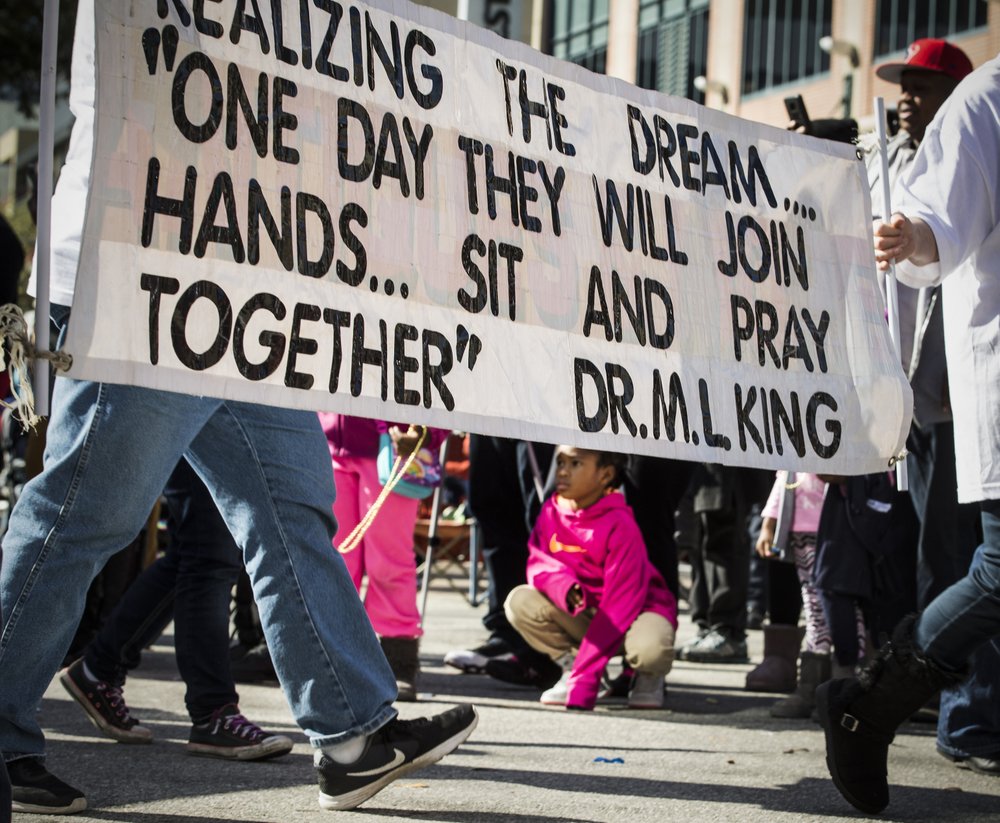The NFL pushed Arizona voters in 1992 to honor MLK.
The creation of the Reverend Dr. Martin Luther King Jr. Day in Arizona was a major political event in the history of the Super Bowl. National Football League owners used their power to make it a holiday in the state. Without the NFL’s guarantee of giving the Phoenix-area the Super Bowl, it might have taken a lot longer for Arizona to recognize the Reverend Dr. Martin Luther King Jr. Day. The story of Arizona and the King celebration started after President Ronald Reagan created the holiday and in 1986 Arizona Governor Bruce Babbit joined in. But in 1987 new Governor Evan Meacham decided not to go along with Reagan. Bill Bidwill’s Cardinals franchise was still in St. Louis at that point but Bidwill moved to Tempe, Arizona in 1988.
In 1989, the state legislature passed legislation to create the holiday but opponents managed to get enough signatures on petitions allowing voters to decide on whether to honor King in November 1990. In 1990 the NFL awarded Super Bowl 27 to Tempe knowing Arizona was not on board with the holiday. NFL owners got assurances that would change. Arizona voters overturned the legislature’s decision and the NFL moved Super Bowl 27 to Pasadena, California. NFL owners along with the Players Association stepped up the pressure and told Arizona politicians that the league would never consider playing a Super Bowl in the Phoenix area unless the state changed course. The January 1996 Super Bowl became available, and the NFL was interested in going to Tempe if Arizona voters said yes to having a Dr. Martin Luther King Jr. Day. In 1992, the voters passed a referendum honoring the slain civil rights leader. In 1993, the NFL gave Super Bowl 30 to Tempe. NFL owners forced political change.









